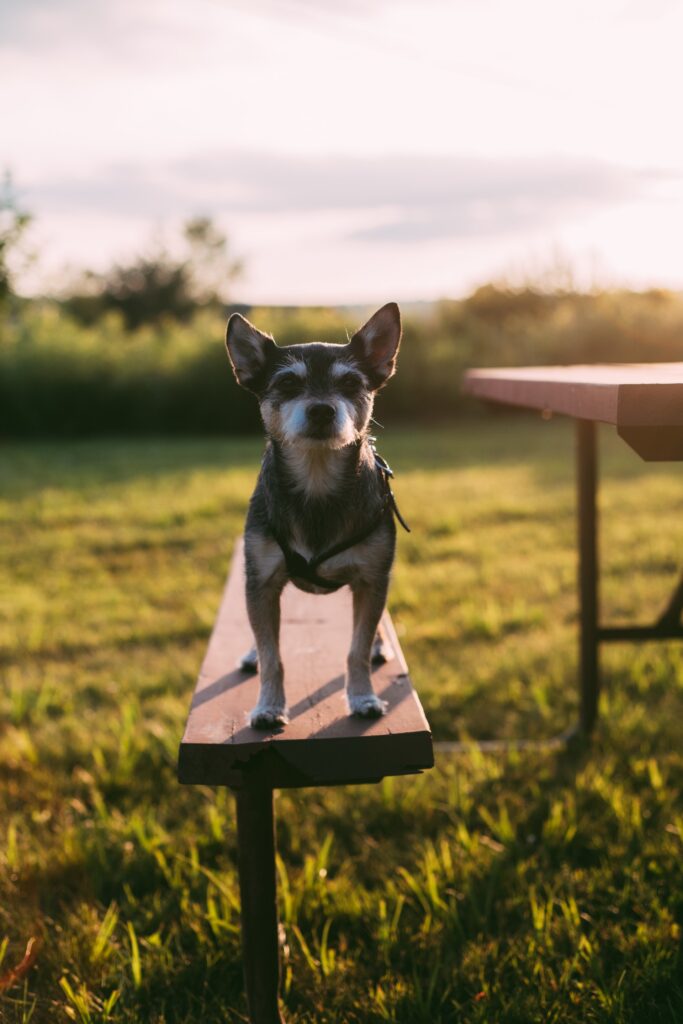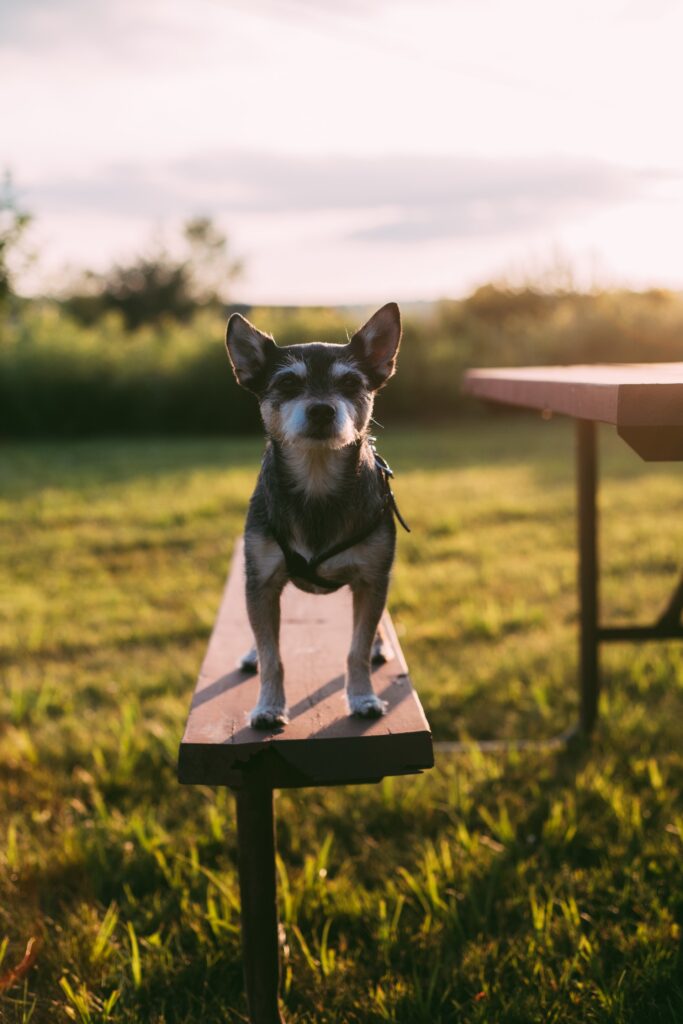
Training an older dog can be challenging, but it’s definitely possible. Here are some fresh and effective tips for training a dog that’s above 1 year old:
1. **Be Patient:** Older dogs may take more time to learn new tricks or behaviors, so patience is key. Don’t get frustrated if progress is slow.
2. **Use Positive Reinforcement:** Reward good behavior with treats, praise, or toys. Positive reinforcement is often more effective than punishment.
3. **Consistency is Key:** Maintain a consistent training schedule and use the same commands and cues. This helps your dog understand what you expect.
4. **Keep Training Sessions Short:** Older dogs may have shorter attention spans, so keep training sessions brief and focused to prevent boredom.
5. **Focus on Basic Commands:** Start with basic commands like sit, stay, and come. These are fundamental and useful for managing your dog.
6. **Socialization:** If your older dog is not well-socialized, gradually introduce them to new people, dogs, and environments to reduce anxiety and aggression.
7. **Adapt to Your Dog’s Needs:** Older dogs may have physical limitations, so tailor exercises and activities to their capabilities.
8. **Exercise:** Ensure your dog gets enough physical and mental exercise. A tired dog is more receptive to training.
9. **Enroll in a Training Class:** Consider joining a dog training class or hiring a professional trainer who specializes in older dogs.
10. **Be Understanding:** Remember that older dogs may have habits that are deeply ingrained. It may take time to change these behaviors.
11. **Health Check:** Ensure your dog is healthy, as pain or discomfort can affect their behavior. Consult your vet if you suspect any health issues.
12. **Use Technology:** There are apps and devices that can aid in dog training, such as clicker training apps and remote training collars. Always use them responsibly and with proper guidance.
13. **Stay Calm:** Dogs can pick up on your emotions, so stay calm and composed during training sessions.
14. **Set Realistic Expectations:** Understand that older dogs may not reach the same level of obedience as puppies, but they can still learn and improve.
15. **Celebrate Small Wins:** Acknowledge and celebrate even small achievements. This reinforces positive behavior.
Remember that every dog is unique, and what works for one may not work for another. Tailor your training approach to your dog’s personality and needs, and always prioritize their well-being and happiness.








